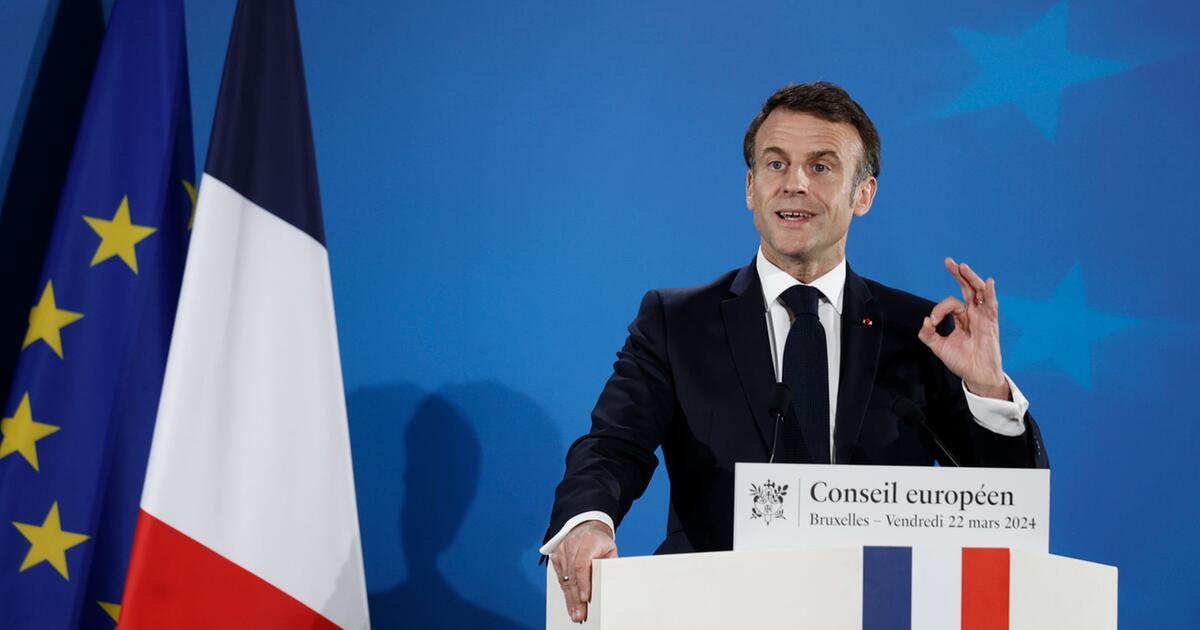European union
Updated on March 22, 2024 at 4:17 pm
French President Emmanuel Macron is sticking to the deal despite the French Senate's surprise rejection of the EU's free trade agreement (Ceta) with Canada.
“The referendum will have no impact on the provisional implementation of Cheta,” he said
“Putting all free trade agreements in the same bag is verbal,” Macron said, referring to the Mercosur agreement with South American nations, which Macron has consistently criticized. The agreement with Canada has been significantly improved since 2017 with the help of a panel of experts.
Macron stressed that it already has so-called clauses of the mirror. These are intended to ensure that social and environmental regulations are implemented by all concerned. In relation to the Mercosur agreement, Macron specifically calls for such mirror rules.
Macron stressed that the deal would affect all 27 member states and continue to work its way through institutions.
Earlier in the day, the French Senate voted overwhelmingly against the EU Free Trade Agreement (Ceta) with Canada. Communist senators surprisingly put the speech on the agenda. An unusual coalition of right-wing and left-wing members of the Upper House voted against ratifying the deal.
The text will then go to the National Assembly. It voted in favor of it by a narrow majority in 2019.
Ceta was signed in 2016 and provisionally introduced at the European level in 2017. For it to be fully applicable, all national and, depending on the Member State, regional parliaments must ratify the treaty. Only 17 of the 27 EU countries have done so so far. To avoid a negative vote, some governments have not yet submitted the text to parliament for a vote.
The agreement, which has more than 2,300 pages, aims to facilitate trade between the EU and Canada, reduce barriers and establish rules for international trade. Among other things, it regulates the elimination of almost all customs duties. For example, there is criticism of companies' options to take legal action against states in arbitration. Environmentalists and trade unionists fear undermining environmental or occupational safety regulations.
In Germany, activists lost their complaint against Ceta to the Federal Constitutional Court. The Bundestag and Bundesrat later ratified the treaty in December 2022, and the ratification law came into force on January 20, 2023.
© AFP


“This is how the editorial team works“It tells you when and what we report, how we handle errors and where our content comes from. When reporting, we follow guidelines Journalism Trust Initiative.

“Communicator. Entrepreneur. Introvert. Passionate problem solver. Organizer. Social media ninja.”







More Stories
Happy ending in Canada: Baby orca frees itself from pool after weeks
Great Britain: Report: London considering deploying troops to Gaza coast to transport aid
Happy ending in Canada: Baby orca frees itself from pool after weeks